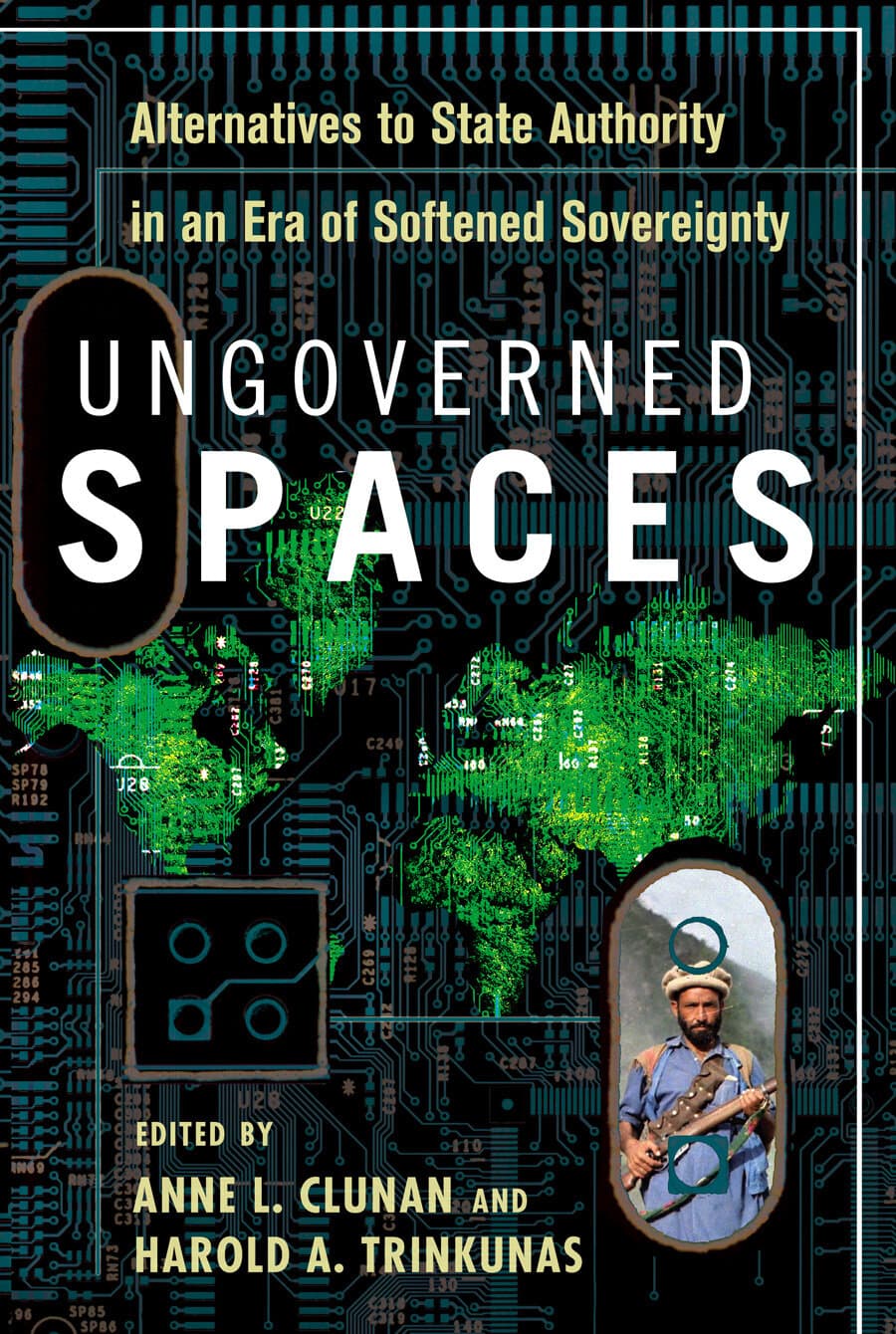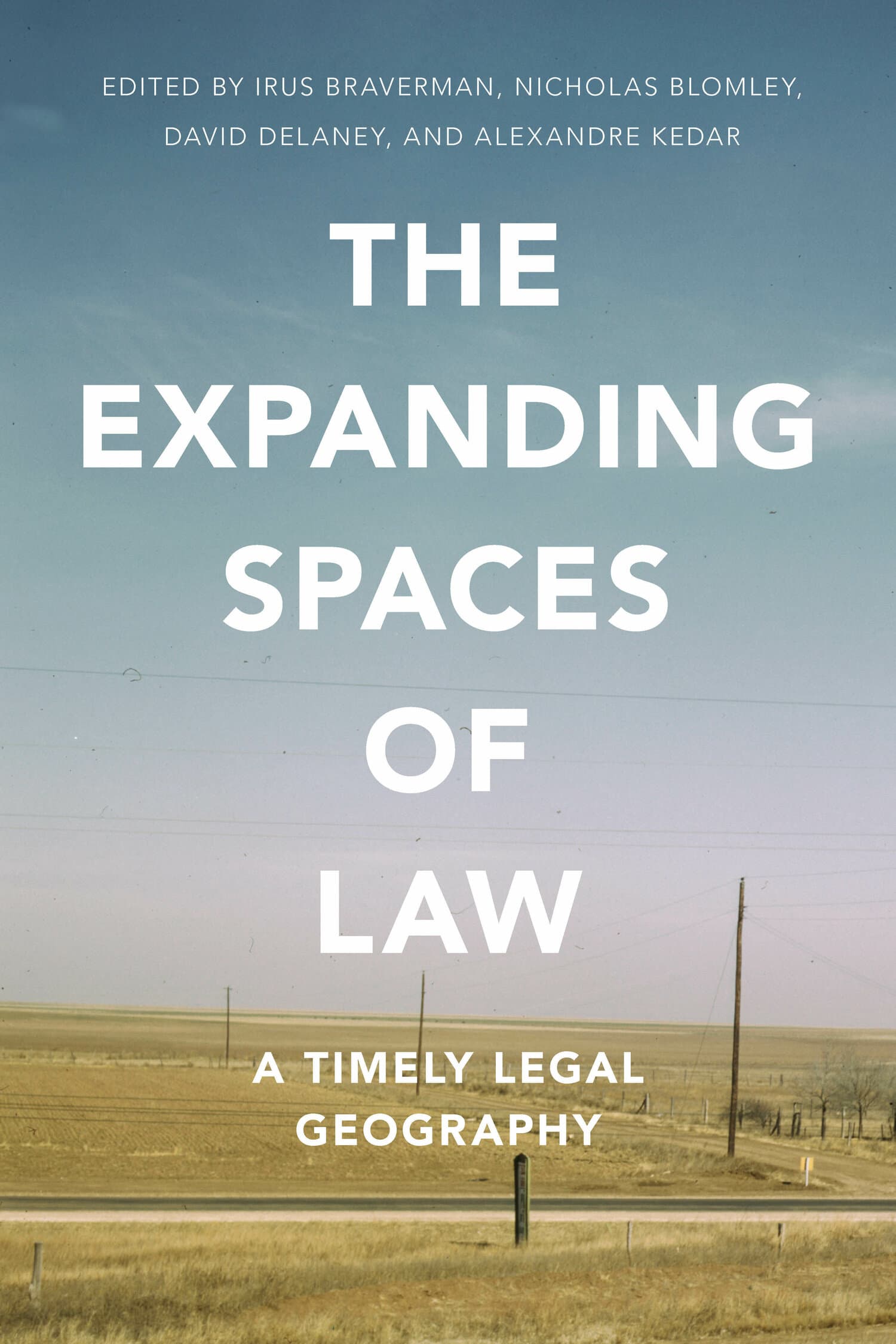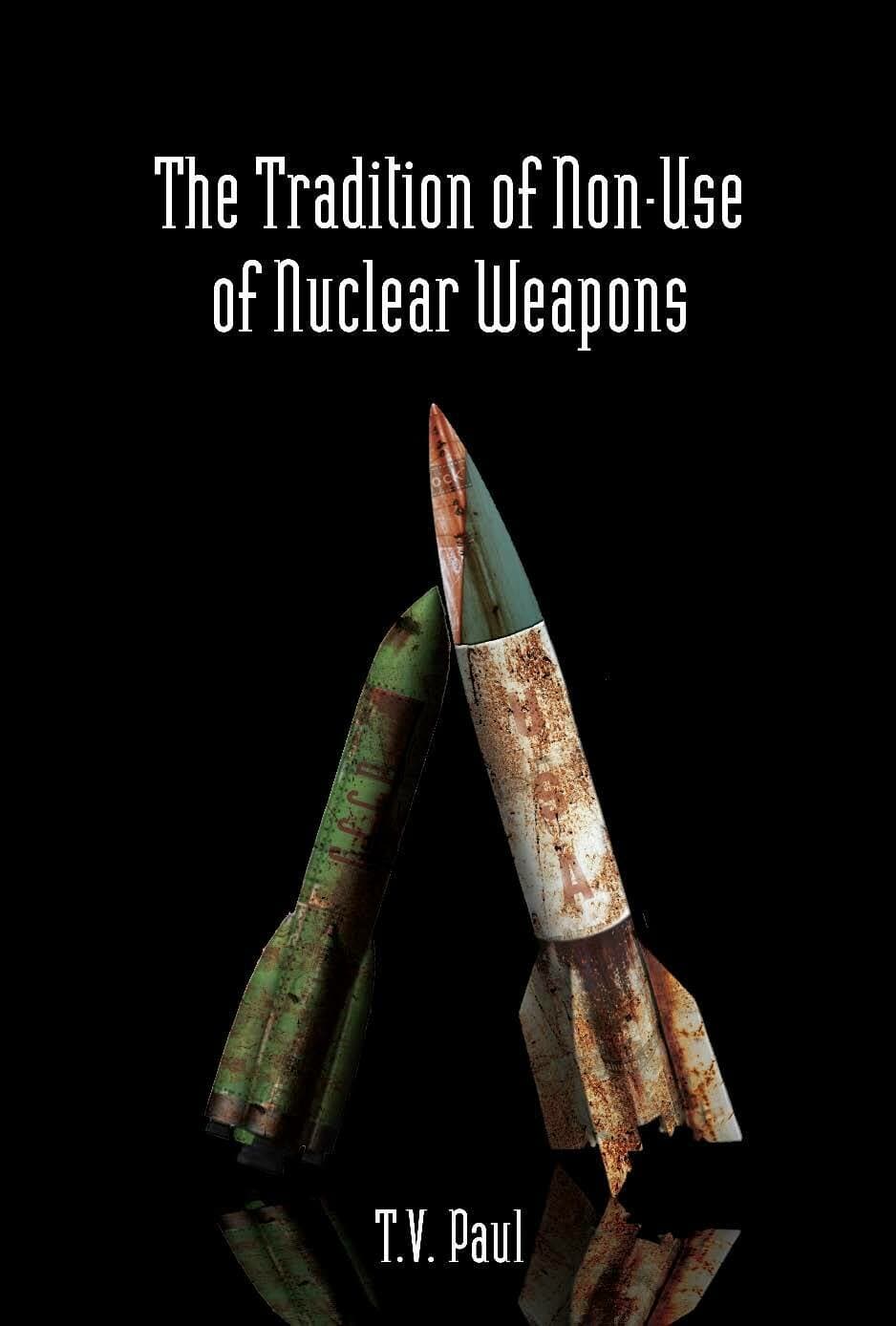Ungoverned Spaces

"Ungoverned spaces" are often cited as key threats to national and international security and are increasingly targeted by the international community for external interventions—both armed and otherwise. This book examines exactly when and how these spaces contribute to global insecurity, and it incorporates the many spaces where state authority is contested—from tribal, sectarian, or clan-based governance in such places as Pakistani Waziristan, to areas ruled by persistent insurgencies, such as Colombia, to nonphysical spaces, such as the internet and global finance.
Within this multiplicity of contexts, the book addresses a range of security concerns, including weapons of mass destruction, migrants, dirty money, cyberdata, terrorists, drug lords, warlords, insurgents, radical Islamist groups, and human privacy and security.
Ultimately, Ungoverned Spaces demonstrates that state-centric approaches to these concerns are unlikely to supplant the many sites of authority that provide governance in a world of softened sovereignty.
"In the provocative book Ungoverned Spaces, Anne L. Clunan and Harold A. Trinkunas challenge the popular vision of 'ungoverned spaces' as both an inaccurate and counterproductive descriptor for the physical and conceptual regions that exist under something other than firm state control . . . Essays involving case studies—like the studies of Southern Lebanon, the Brazilian favelas, and the Pashtun tribes—provide vivid images to illustrate [the editors'] points . . . Ungoverned Spaces is worth reading for the provocative questions it poses."—Colonel David F. DiMeo, Military Review
"This is an excellent work, practically extraordinary. It opens a new subject for courses, gnaws at the assumptions of IR theory, and throws a spotlight on crucial policy areas. It poses new demands for a reconceptualization of theory, is adventuresomely interdisciplinary, unbound by usual conventions, and breaks down the walls between established disciplinary approaches."—I. William Zartman, Professor Emeritus, The Paul H. Nitze School of Advanced International Studies, Johns Hopkins University




